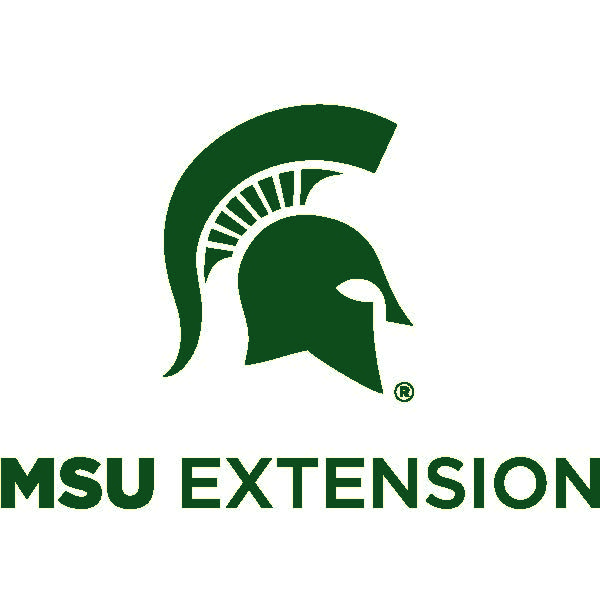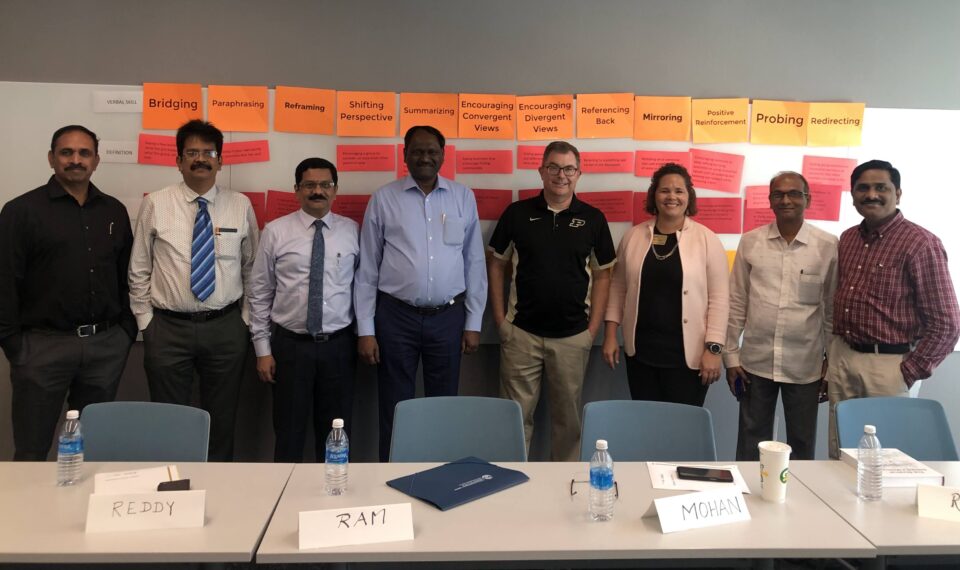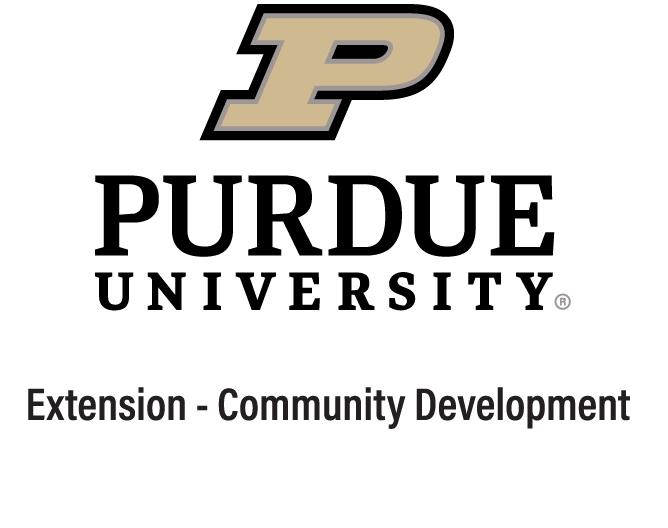Facilitative Leadership
Facilitation is the art and science of helping groups achieve a goal by organizing and managing the process. Facilitative leaders have the skills, tools and awareness to draw out ideas, encourage effective discussion and guide groups to make inclusive decisions and actionable plans. The Facilitative Leadership workshop teaches facilitation tools and techniques in a supportive “learning-lab” environment.
Are you someone who would like to help groups to make collective decisions, discuss complex issues, or plan events, projects or programs effectively?
Facilitative Leadership is a three-day workshop for both new and experienced leaders, managers, facilitators and graduate students who would like to develop or improve their facilitation skills. The workshop, originally developed by Michigan State University Extension, provides hands-on learning experience through fast-paced interactive tool-building activities and practical application in small groups. It is designed to build and strengthen the skills and personal confidence necessary to lead and facilitate productive meetings.
During this retreat-style workshop, participants will practice leadership strategies using the tools, techniques and verbal skills necessary to lead group discussions, reach consensus, set outcome-based goals and use recording tools. Process tools for brainstorming, analyzing ideas, decision-making, and planning will be shared. Each participant will plan and lead a 45-minute, small group facilitation and receive broad suggestions for improvement from workshop instructors and colleagues.
By the end of the workshop, participants will:- Understand the role of a presenter/trainer, experiential trainer, and facilitator.
- Increase personal skills in leading discussions and balancing participation.
- Recognize the role of verbal skills and nonverbal techniques to help keep a group on track while maximizing participation.
- Effectively use a variety of tools for helping groups:
- Generate ideas and options for action.
- Explore and evaluate ideas and options.
- Achieve consensus.
- Plan actions and events.
- Articulate results-oriented and relational objectives.
- Design a process that combines tools to help a group reach its goals.
*This course should not be confused with Facilitative Leadership® – Tapping the Power of Collaborative Action – which is owned by Interaction Associates, Inc. and which deals with seven practices of a facilitative leader.
Testimonials
Attendees of Michigan State University Extension’s Facilitative Leadership report that the workshop has been incredibly effective in improving their leadership skills:
- “This was truly one of, if not THE best, professional development opportunities I have participated in.”
- “The way this training was presented was incredible…the format was perfectly balanced. I heard many positive things about it prior, but didn’t believe the hype. I am so impressed! I’m amazed by the things I learned in this short time!”
- “I have learned style techniques that will be ‘life changing’ in my facilitating … I will USE what I’ve learned in my programs, meetings, and everyday life!”
To learn more about Facilitative Leadership, please contact:
Tamara Ogle
Community Development Regional Educator
togle@purdue.edu
Kym Schwinkendorf
Administrative Coordinator
kschwink@purdue.edu
Team
One way to deepen your facilitation practice is by reading about the discipline. Below is an annotated list of some
facilitation resources you might find helpful.
- The Big Book of Flip Charts, Robert William Lucas
- This book shares everything about flip charts, from the physical aspects like types of
easels and storage to techniques and activities using flipcharts. There are also graphic
examples of flipchart organization and art.
- This book shares everything about flip charts, from the physical aspects like types of
- Don't Just Do Something, Stand There! Ten Principles for Leading Meetings that Matter, Marvin Weisbord and Sandra Janoff
- This book focuses on the "guide from the side" approach to facilitating meetings of trusting groups to do their best work and manage yourself in the facilitator role.
- Extreme Facilitation, Suzanne Ghais
- This book presents an approach to guiding groups through controversial and complex facilitation situations drawing on experience and examples from the field.
- Facilitating with Ease! Core skills for facilitators, team leaders and members, managers, consultants, and trainers, Ingrid Bens
- This book provides much of the information covered in the course, including concepts, tips, tricks, tools, and techniques for facilitating and using facilitative techniques in other leadership roles.
- Facilitation at a Glance, Ingrid Bens
- This pocket-sized version of the Facilitating with Ease! is handy to keep in your facilitation tool kit as an on-the-go reference.
- Facilitation Resources Volumes 1-8, University of Minnesota Extension
- This series is an excellent resource for basic information, planning worksheets, and example questions to help with planning and running a facilitation. It is also available as a free download from the University of Minnesota's archives.
- Facilitation Skills: Helping Group Make Decisions, Gregory Bryan Putz
- This guidebook outlining the steps to group decision-making includes advice on setting up the room, using flipcharts, building consensus, and handling conflict; tips on do's and don'ts; and frequently asked questions. Particular emphasis is placed on the neutral role of the facilitator.
- The Facilitator Excellence Handbook, Fran Rees
- This book is a reference for the Facilitative Leadership workbook and training. There are many similar tools and a chapter on reading the room. Additionally, there is a chapter on developing as a facilitator and what competencies a facilitator should master as they advance in their understanding and practice.
- Facilitator's and Trainer's Toolkit: Engage and Energize Participants for Success in Meetings, Classes, and Workshops, Artie Mahal
- This general guide to facilitation and experiential training includes a list of tools and a section on consulting.
- The Facilitator's Fieldbook, Thomas Justice and David W. Jamieson
- This book contains a general overview of facilitation skills and techniques and several tools, including some more involved tools for longer group processes.
- Facilitator's Guide to Participatory Decision-Making, Sam Kaner, et al
- This book presents the model of participatory group decision-making and discusses the role of the facilitator. It dives into fundamentals for facilitators to lead a participatory group decision-making process. The book is laid out as a series of handouts with visuals that can be used with a group to help them understand the process they are going through.
- The Graphic Facilitator's Guide, Brandy Agerbeck
- The author shares how a graphic facilitator listens to a group and organizes what they hear using a combination of writing and drawing. They make using graphics and recording easier by "chunking" or listening to a conversation and pulling out individual pieces of information.
- How to Make Virtual Engagement Easy: A Practical Guide for Remote Leaders and Educators, Chad Littlefield and Will Wise
- This book provides tips on keeping teams connected virtually. It is an easy read and focuses on how to engage and connect in a virtual world.
- Raise the Room: A Practical Guide to Participant-Centered Facilitation, Eva Jo Meyers
- This book doesn't clearly define different roles with groups but does provide some very practical tips, techniques, and activities to help groups learn and work together.
- Standing in the Fire, Larry Dressler
- Dressler approaches facilitating high conflict situations from a place of grounded self-awareness. This book provides reflections and practices that prepare facilitators mentally and emotionally to hold space for heated, high-stakes meetings.
- Unlocking the Magic of Facilitation, Sam Killermann & Meg Bolger
- This book focuses on leading experiential learning through facilitated dialogue, especially around diversity, equity, and inclusion.
Leading Better Meetings
Participants in this customizable workshop learn about meeting management roles and best practices for setting an agenda and tangible objectives. Additional components can include meeting logistics and structure as well as basic facilitation skills.
Leading Better Virtual Meetings
In this 90-minute webinar, participants will gain tips and resources for leading participatory meetings online.
Customized Services
Purdue Extension may be able to provide customized facilitation training for your group, depending on your needs. At times we can provide facilitation services, including visioning, plan development, strategic planning, and organizational retreats.
Contact Tamara Ogle, togle@purdue.edu, with inquiries about these programs.

Michigan State University Extension
MSU Extension’s leadership and community engagement programs engage participants in learning how to effectively manage conflict, communicate with purpose and collaborate on solving complex issues in order to move communities forward.
LEARN MORE ABOUT MSU EXTENSION
 University of Illinois Extension
University of Illinois Extension
The University of Illinois Extensions’s Community and Economic Development program serves Illinois communities through a wide range of educational offerings.

